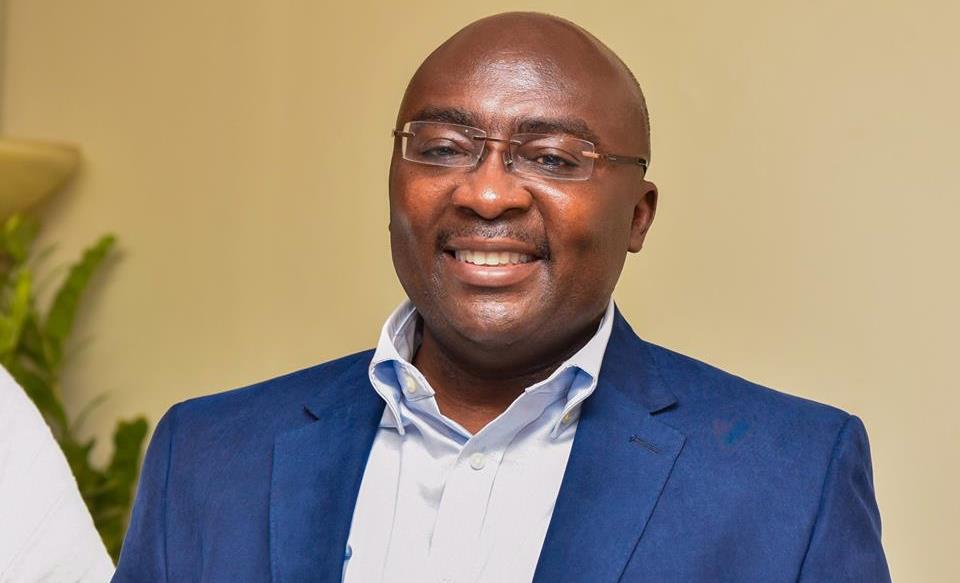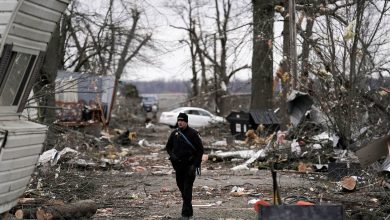Bawumia encourages the participation of Ghanaians in the Limited Voter Registration exercise

Vice President Dr. Mahamudu Bawumia has called upon eligible Ghanaian voters, including those who have recently turned 18 and adults who haven’t registered yet, to make use of the ongoing Limited Voter Registration exercise, which commenced on Tuesday, September 12.
This registration process is being carried out at all Electoral Commission district offices throughout the nation. Dr. Bawumia stressed that the fundamental right to vote begins with the responsibility of registering with the Electoral Commission (EC) and urged citizens to actively participate in this procedure to secure their eligibility for the upcoming 2024 elections.
Dr. Bawumia conveyed this message via a Facebook post, highlighting the importance of civic engagement and the role of voter registration in empowering citizens to exercise their democratic right to vote.
Despite facing an injunction application from the National Democratic Congress (NDC) and four other political parties, the Electoral Commission is moving forward with the Limited Voters Registration Exercise on September 12. Registration is taking place at all 268 District Offices, and the EC has set a deadline of October 2, 2023, for this exercise.
Eligible individuals who have turned 18 since the last registration in 2020 or those who missed registering for various reasons are encouraged to visit their District Office of residence.
They will need either their Ghana Card or Ghana Passport as identification for registration. In cases where eligible applicants lack these identification documents, two registered voters can vouch for them to facilitate their registration.
The five political parties, including the NDC, CPP, All People’s Congress, Liberal Party of Ghana, and Great Consolidated Popular Party, filed a lawsuit on September 7 challenging the EC’s decision to restrict the voter registration exercise to its district offices.
They argue that this decision could potentially disenfranchise many eligible voters, particularly those in remote areas.





